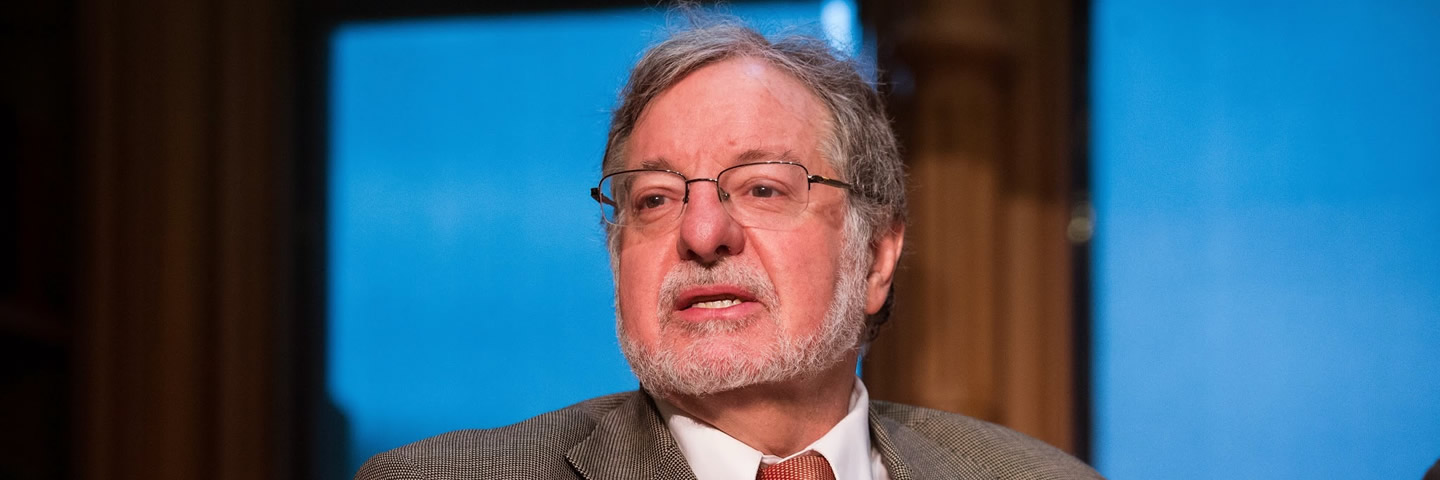
José Casanova, senior fellow at Georgetown’s Berkley Center for Religion, Peace, and World Affairs, will spend the next four months at the prestigious John W. Kluge Center at the Library of Congress conducting research on globalization and the Jesuit tradition.
One of four elite scholars selected to study at Kluge, Casanova will examine the history of religious globalization from the sixteenth to twenty-first centuries “through a Jesuit prism” in order to develop a theory of globalization that challenges some of the current assumptions on the subject.
From Indifference to Imperative
Increasingly dissatisfied with some of the norms of globalization theories—particularly within his own field of sociology—Casanova seeks to study how the process of globalization has transformed all the “great religious traditions,” including Judaism, Christianity, Islam, Buddhism, Confucianism, and Hinduism.
“Our contemporary global age forces us to recognize vibrant religious pluralism as an inescapable fact of our global humanity,” said Casanova, who is also a professor in Georgetown’s Department of Sociology and head of the Berkley Center’s program on Globalization, Religion, and the Secular. “Viewing globalization through a Jesuit prism forces us to recognize that there was a process of globalization before Western modernity.”
Citing Pope Francis’ call to move “from a globalization of indifference” to one of shared fraternity, Casanova works to drive interreligious dialogue in order to overcome religious-based conflict and develop a peaceful and just global community.
Decades of Dedication
Best known for his 1994 Public Religions in the Modern World, which has become a “modern classic” in the field, Casanova draws from more than 40 years of studying theology, sociology, and globalization. He has published works on religion, globalization, migration, religious pluralism, transnational religions, and sociological theory. More recently, his work at the Berkley Center has given him the opportunity to develop and participate in a variety of scholarly networks that connect him with like-minded researchers from around the world in preparation for this elite opportunity.
Now at Kluge, he has direct access to the vast collections of material housed at the Library of Congress, including sources available in all the languages he reads: English, Spanish, French, Portuguese, Italian, German, and Polish. In the past 20 years, he said, there has been an “explosion of studies” in those languages surrounding the Jesuit tradition.
Yet, he said, studying globalization and religion is important now more than ever.
“When we see resurgent populist nationalisms bent on building walls, excluding immigrants and refugees, and breaking the connections that bind the peoples and cultures of the world, all religious traditions have a great responsibility and a unique opportunity to promote an alternative culture of intercultural encounter and interreligious dialogue based on the sacred dignity of every human person and on the inalienable right to freedom of religion and freedom of conscience.”
Casanova will also serve as the Kluge Chair in Countries and Cultures of the North and will present his final research at the end of the spring 2017 semester.
